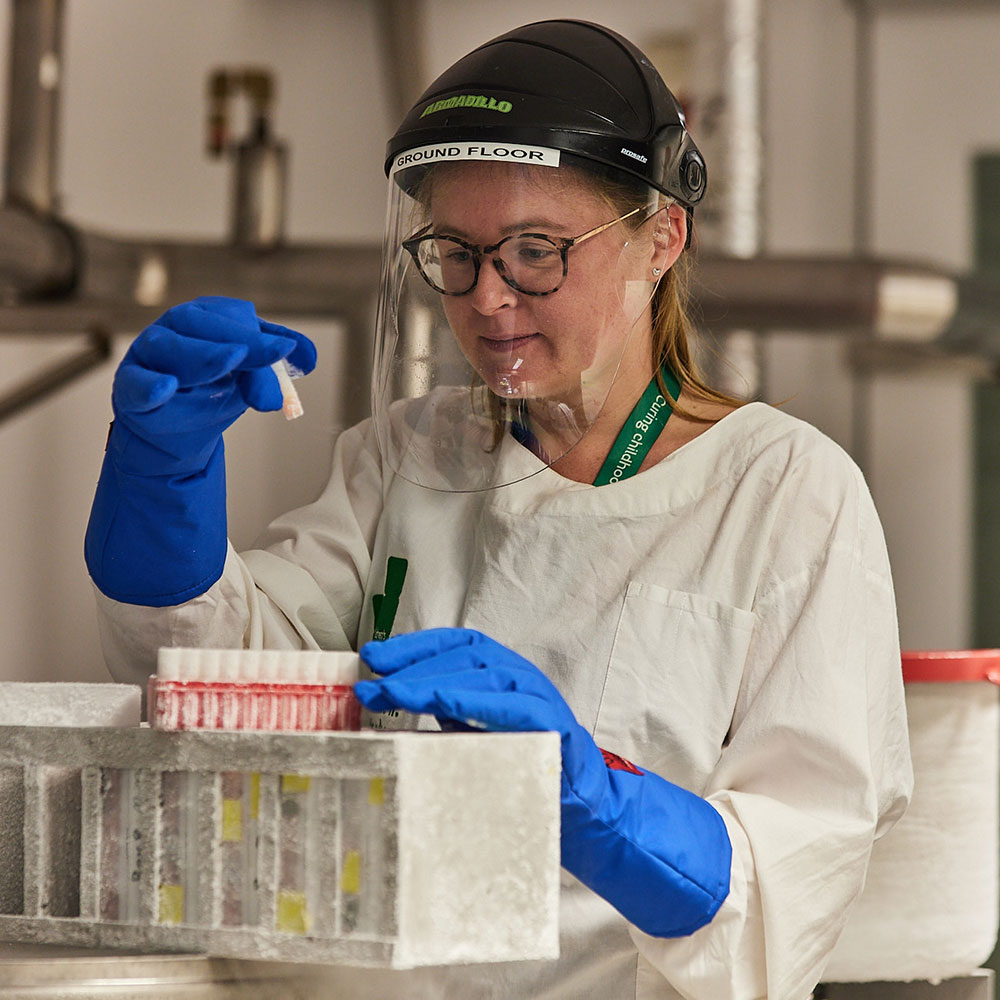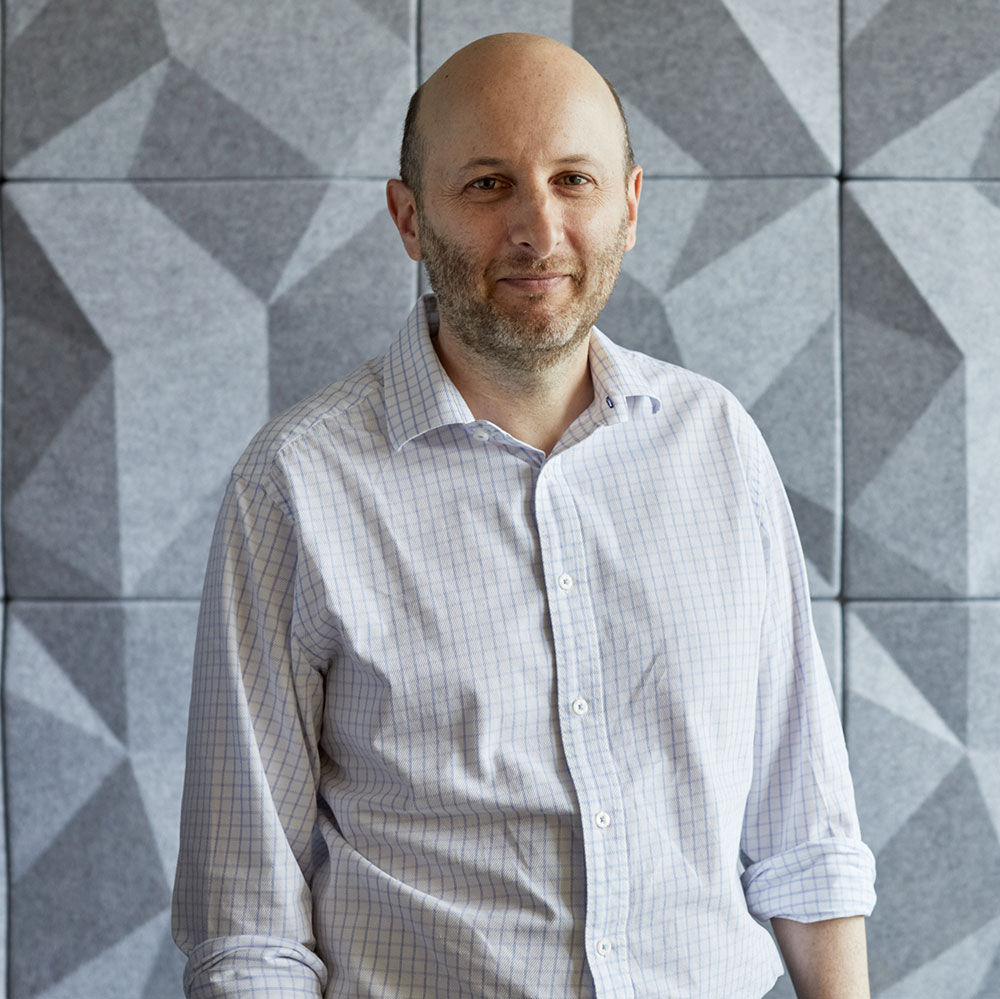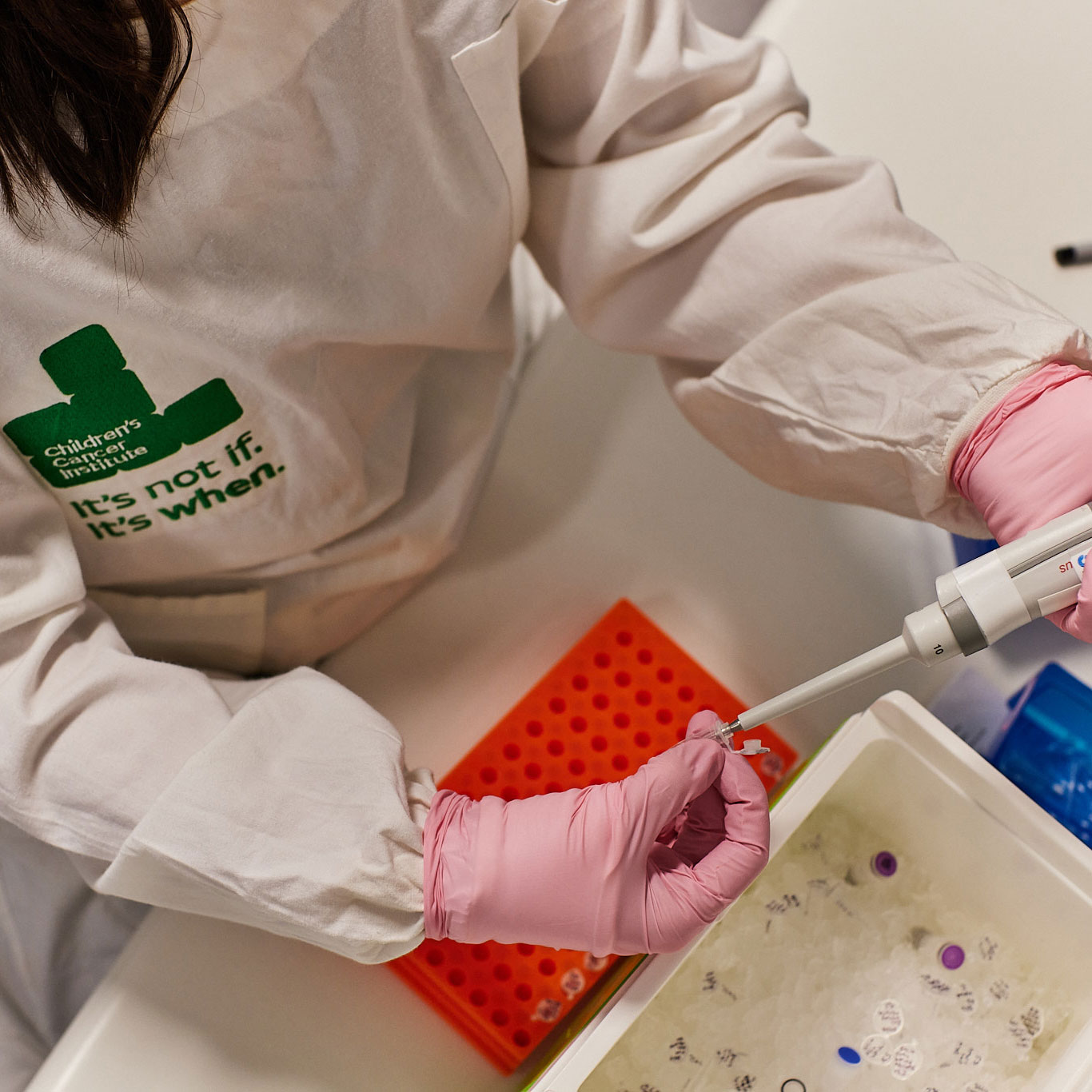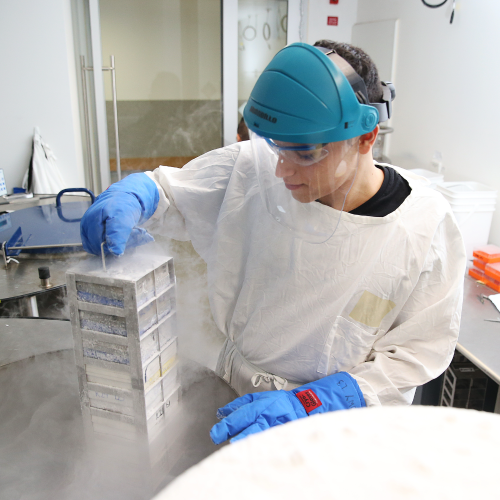Researching childhood cancer takes more than skilled scientists and high-tech equipment. We also have a team of support staff busy behind the scenes, dealing with executive, financial, human resources, fundraising matters and . . . robots.
Robot maintenance is one aspect of Karessa Mercado’s job. She’s one of the scientific services staff who keep our Institute labs well-equipped and operating efficiently. Specifically, Karessa is Laboratory Operations Officer for the Australian Cancer Research Foundation (ACRF) Drug Discovery Centre.
“I look after the running of the lab,” she said. “We have a team of eight researchers who all collaborate and get a lot of work done.”
In March, Karessa’s work was featured in an ABC story on Australian women researching children’s cancer.
What is the ACRF Drug Discovery Centre?
A facility within Children’s Cancer Institute, the Centre opened in 2010, one of only two high-throughput drug screening services in Australia. It uses advanced technology, including robotics, cell imagers and extensive chemical compound libraries, to test the sensitivity of cancer cells to particular drugs. This greatly speeds up the drug discovery process.
“Instead of a researcher taking one year to manually screen 50,000 drugs on a particular cancer, using this technology it can take the researcher just one week,” explained Karessa.
This video gives a sneak-peek behind the scenes.
A potential new brain cancer drug
The Drug Discovery Centre not only offers its services to scientists all over the country, and is a key partner in the award-winning Cancer Therapeutics CRC (CTx), it’s also a wonderful resource for our own research teams. For example, our Targeted Therapy Group, led by clinician-scientist Associate Professor David Ziegler, worked with the Drug Discovery Centre to find potential new treatments for a deadly brain tumour called Diffuse Intrinsic Pontine Glioma (DIPG). They identified one particularly promising drug called fenretinide.
Robots to help find best treatment for each child
The Drug Discovery Centre is also an important testing platform for the Zero Childhood Cancer personalised medicine program. Zero Childhood Cancer is the largest single initiative ever undertaken for children with cancer in Australia. Led by Children’s Cancer Institute and The Sydney Children’s Hospitals Network, it brings together all major Australian clinical and research groups working in childhood cancer to offer Australia’s first-ever personalised medicine program for children with high-risk or relapsed cancer.
Scientists will analyse cancer cells from each child to identify their cancer’s unique molecular and genetic features. They’ll also screen the cells against hundreds of drugs to find the drugs most likely to kill the individual child’s cancer. The Drug Discovery Centre’s state-of-the-art robotics allows rapid screening, in just a few hours, of individual patient’s tumour cells against hundreds of approved drugs and drug combinations.
Karessa is excited about the contribution her team will make to personalised medicine.
“We’ll be playing a role in how decisions are made in terms of providing the best cancer therapy for children with relapsed or high-risk cancers,” she said.
If you’re a researcher interested in running a drug screen, or just want to know more about the search for new treatments, read about our services.
Top image: Karessa Mercado makes sure the robots behave. Image credit: Amanda Hoh/ABC Radio Sydney.















